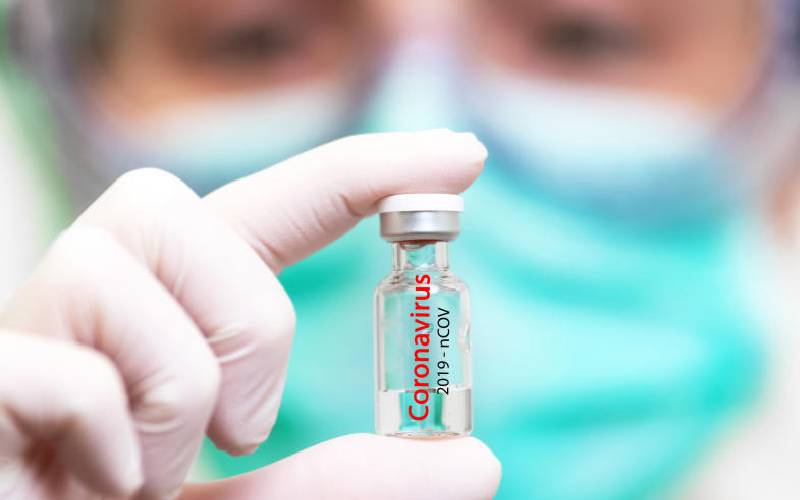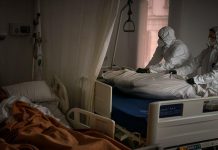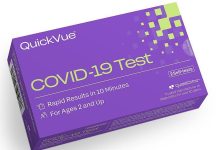Author: Nyaki Moindi
AfricaPress-Kenya: Due to a rise in the number of mildly sick and asymptomatic Covid-19 patients in the country, it became less tenable to isolate all patients in hospital.
The government was thus forced to implement a home-based care model to bolster the public health system. Nairobi and Mombasa happen to be the hardest hit since the first case in March.
The two cities have seen their health workers overwhelmed. About 78 per cent of Kenyan patients are asymptomatic or have mild symptoms, prompting the government to implement the home-based care system since they can be taken care of at home.
The Ministry of Health launched the Home-Based Isolation and Care protocols, on 10th June 2020. So far, Kenya is the only Country in the region that is implementing this program as one of the management strategies to combat the disease.
The World Health Organisation recently released home-based care guidelines for patients with suspected or confirmed COVID-19 and management of their contacts.
A contact is any person who has been exposed during the two days before and the 14 days after the onset of symptoms of a Covid-19 case. This includes face to face contact for at least 15 minutes, direct physical contact and direct care for a confirmed case without the use of Personal Protective Equipment.
Contacts should remain in quarantine at home and monitor their health for 14 days from the last day of possible contact with the infected person. It is important to Clean and disinfect surfaces that are frequently touched in the room where the patient is being cared for, such as tables, bedframes, and other bedroom furniture at least once daily.
Bathroom and toilet surfaces should also be cleaned and disinfected at least once a day. When cleaning, regular soap should be used first, then afterwards a disinfectant applied, containing 0.1% sodium hypochlorite.
Patients in the home-based care system will be monitored by the appointed community health workers who will monitor the patient daily and report progress, in case the need arises for hospital admission and isolation.
The community health worker is also responsible for ensuring that the patient does not breach the protocols and guidelines set by the program. In the event of breach, one would be taken to hospital isolation to protect them from spreading the disease in the community. Infected persons with underlying health conditions shall not be eligible for the home-based care system.
Community based structures, such as the Nyumba Kumi initiative and Community Health Committees have a role to ensure compliance of the protocols put in place.
Any asymptomatic patients put on this program, will be discharged at least 14 days from the date of their first COVID-19 test. Mild symptomatic patients will only be discharged if they have not developed fever for at least 72 hours, without any medication.
Lastly, it is important for all to avoid social stigma such as discrimination because of a perceived link with the disease. Anybody can get it.






